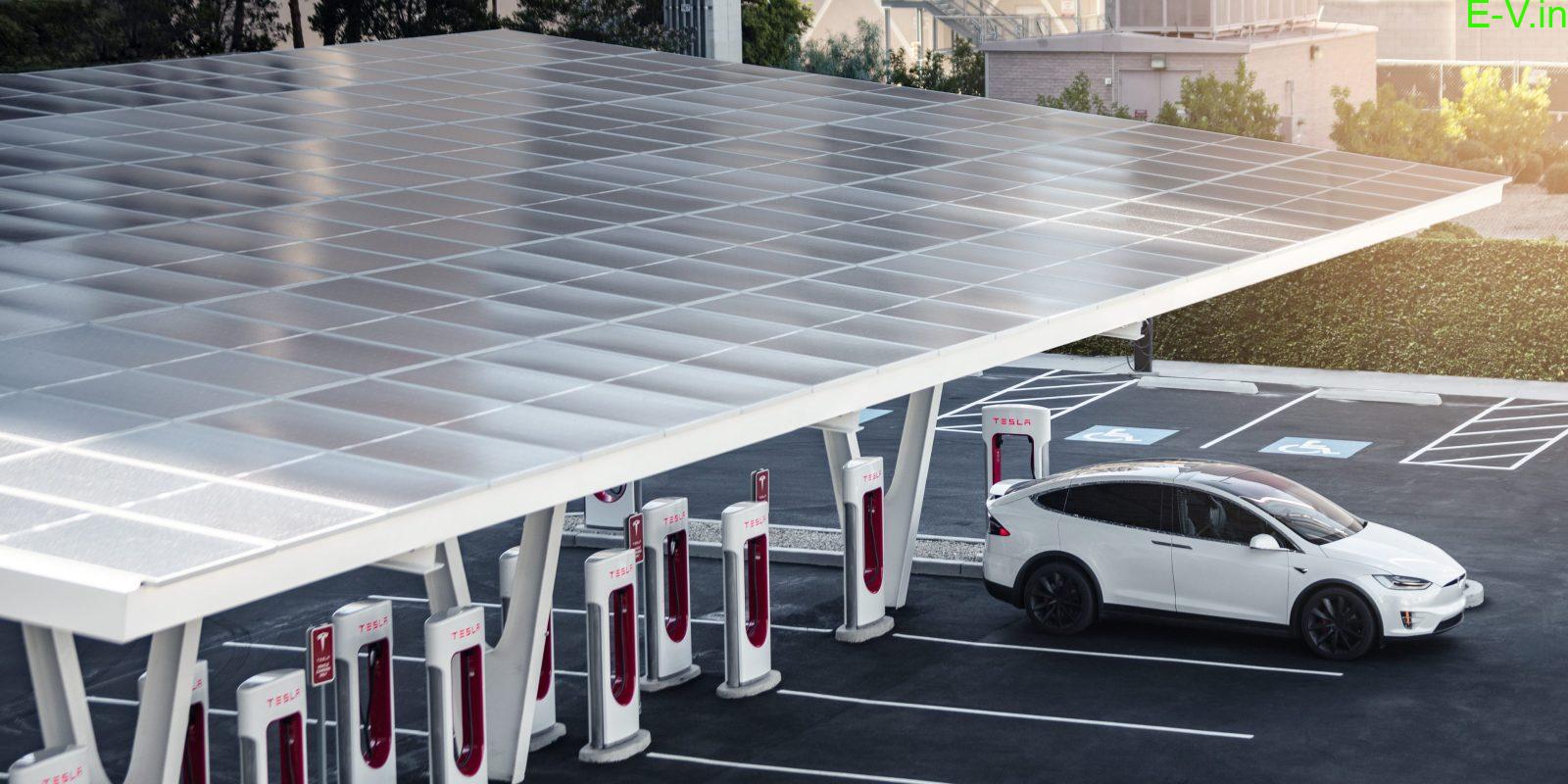Kerala has firmly positioned itself at the vanguard of India’s clean energy transition by unveiling a suite of pioneering electric mobility and grid-management solutions. In a landmark event at the ANERT headquarters, the state showcased the nation’s first successful demonstration of Vehicle-to-Grid (V2G) technology, alongside a unified charging application and a grid-interactive solar storage system, signalling a mature, integrated approach towards building a sustainable, zero-carbon transportation ecosystem.
The centrepiece of the announcement, the V2G demonstration, represents a monumental leap in smart grid management. Achieved in a strategic collaboration with the India Smart Grid Forum (ISGF), this groundbreaking project transforms electric vehicles from mere energy consumers into active participants in the power grid. By enabling a bidirectional flow of energy, modified Tata Nexon EVs can now feed stored power back into the grid during peak demand hours, effectively acting as mobile batteries. This capability is crucial for enhancing grid stability, balancing fluctuating loads, and facilitating a greater infusion of intermittent renewable energy sources like solar and wind.
Addressing a key barrier to EV adoption—fragmented charging infrastructure—Kerala has introduced the state’s first universal charging application, EZ4EV. Developed entirely in-house by the Agency for New and Renewable Energy Research and Technology (ANERT), this platform offers a seamless and equitable user experience. It consolidates access to public charging stations across the state into a single interface, eliminating the need for multiple apps and third-party service fees. Features like real-time charger availability and integrated travel planning empower consumers, making electric vehicle ownership more practical and accessible for everyone.
Further enhancing the human-centric approach, the state also inaugurated its first dedicated EV customer lounge at the ANERT headquarters. This thoughtful addition acknowledges the ‘dwell time’ during charging, providing a comfortable, air-conditioned space with amenities that turn a necessary pause into a productive and pleasant experience. This focus on user comfort is a subtle but powerful driver for wider EV acceptance, making the switch to clean transport more appealing to the general public.
Complementing these mobility initiatives is the launch of a 100 kW/150 kWh grid-interactive, solar-powered Battery Energy Storage System (BESS). This system is designed to provide uninterrupted clean power and replace polluting diesel generators, showcasing a holistic vision where green transport is powered by green energy. By intelligently managing solar power, the BESS ensures a stable and reliable energy supply, closing the loop on a truly sustainable power and transport infrastructure. Through these concerted efforts, Kerala is not just promoting electric vehicles; it is meticulously crafting the blueprint for a smart, green, and equitable urban future.
Also Read: ₹5,000 cr northeastern waterways maritime boost unveiled by Sonowal in Guwahati


